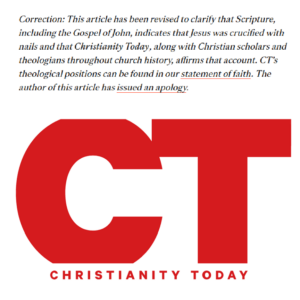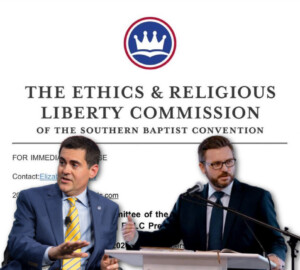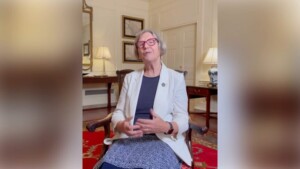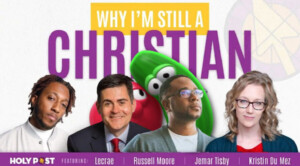
Christianity Today Apologizes For Viral Article That Was Hated By 99% of People
Christianity Today has issued a correction and apology for publishing an article arguing that Jesus wasn’t nailed to the cross, with the author saying that he failed to consider Jesus’ interactions with Thomas in John 20:25 and, as a result, unintentionally “called into question the inerrancy of Scripture.” Days ago,











